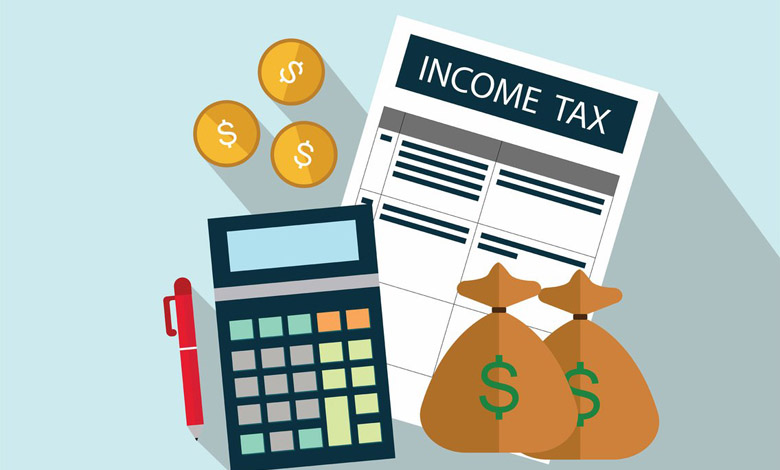Is IRS tax relief possible? The short answer is yes, IRS debt relief is feasible. It can be on no account a given, and obtaining tax debt relief would require quick, direct communication between the taxpayer plus the IRS, however there are various ways by which taxpayers may perhaps receive consideration and guidance in settling tax debt.
Contact
The vital tenet in getting IRS debt relief, or any form of debt relief for that matter, is to clearly and swiftly correspond with the IRS. For people with a big tax bill and you realize you can’t pay it, you could possibly be tempted to delay filing – don’t! It is not against the law not to have the cash to pay the IRS, however most certainly is against the law to neglect to file a timely return. If you happen to be in this situation, file your return and attach a notification that you simply lack the resources to pay. You might also request information through the IRS concerning how you can stay in compliance. The IRS will act toward this very differently plus much more favourably than a failure to file. You can also send in Form 9465, Instalment Agreement Request, with your return, or else you can hang on until the IRS send it to you when they receive your notice that you’re unable to pay.
Talking with the IRS
You might want to make contact with the IRS by telephone, fax, or email so that you can discuss IRS debt relief. You may also want to go personally to a local office of the IRS to discuss your case in person. Despite the negative image often portrayed, IRS agents will usually be accommodating and courteous in assisting taxpayers who want to remain in compliance while seeking IRS debt relief. However you select to make contact with them, they can help you figure out a plan to avoid garnishment of wages, loss of your home, loss of retirement assets, or further unpleasant possibilities. If you do setup an instalment plan, it’s essential for you to strictly adhere to the provisions. If the plan is revoked, the IRS is not going to usually reinstate it.
Enrolled Agents and IRS Debt Relief
Enrolled agents are practitioners accredited by the federal government to represent taxpayers before the IRS. An enrolled agent can aid you to develop a plan for IRS debt relief and can then officially negotiate in your behalf with the IRS to help you put into operation your tax debt relief plan. It is important to note that only enrolled agents, attorneys, and Certified Public Accountants (CPA) can act for taxpayers before the IRS. Other companies might offer instruction and aid, nevertheless they can’t officially represent you with the IRS in debt relief negotiations.
Offers in Compromise
If your economic situation indicates critical hardship, you may have the option to get IRS debt relief by the use of an offer in compromise, which is basically a method to settle your obligation for less than the total amount. Offers in compromise are granted by the IRS on a case-by-case basis, however, it’s in your best interest to seek the recommendation of an lawyer, a CPA, or an enrolled agent before attempting an offer in compromise for IRS debt relief.
As you can appreciate, it really is viable to seek IRS debt relief when you know your options. Do not forget that it really is imperative that you file your taxes, even if you discover you can’t pay them than it is to not file. When you follow the above advice, then IRS debt relief is within your reach.



